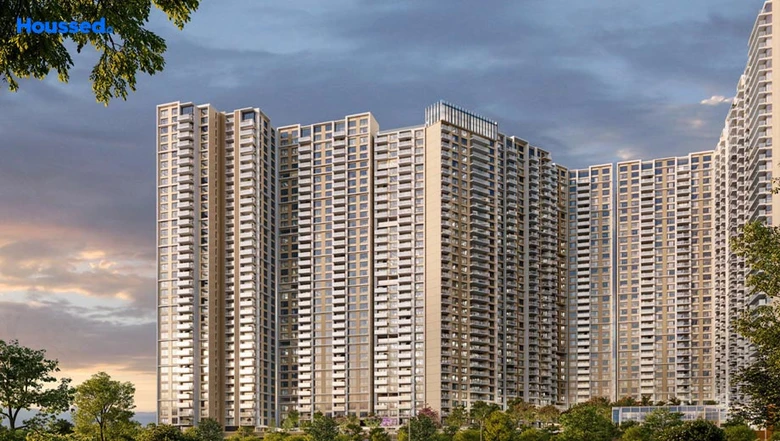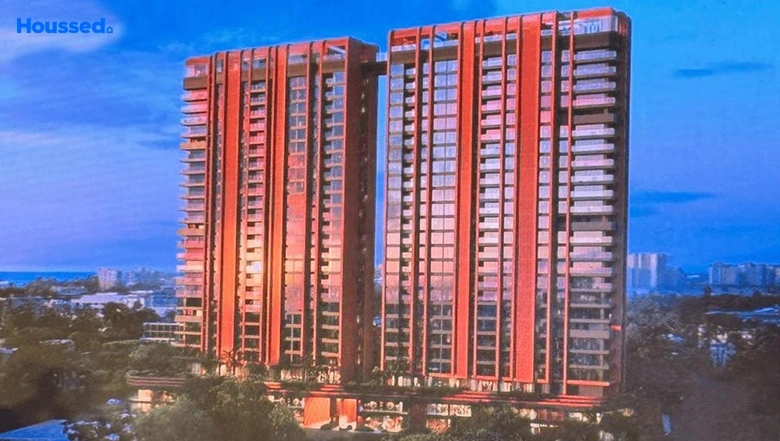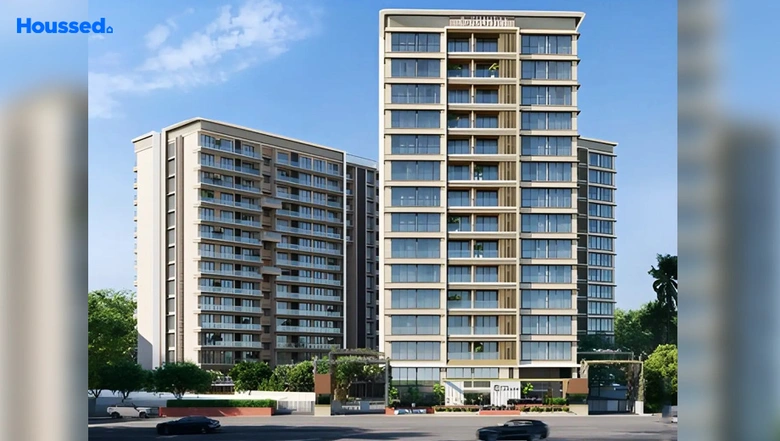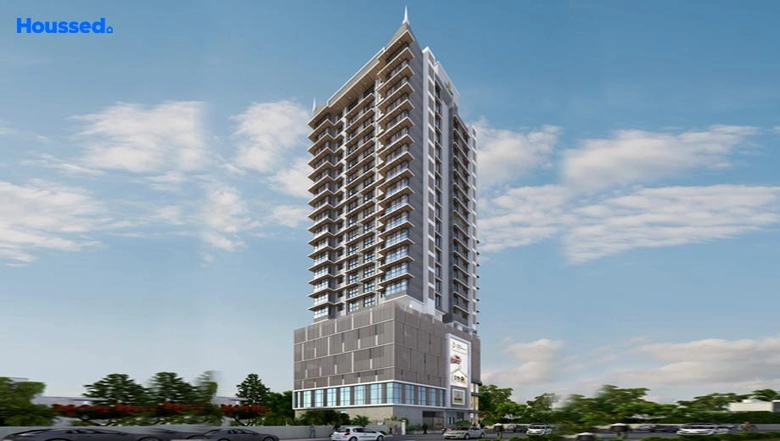Big Price Jump! Tamil Nadu Makes 20 Services More Expensive
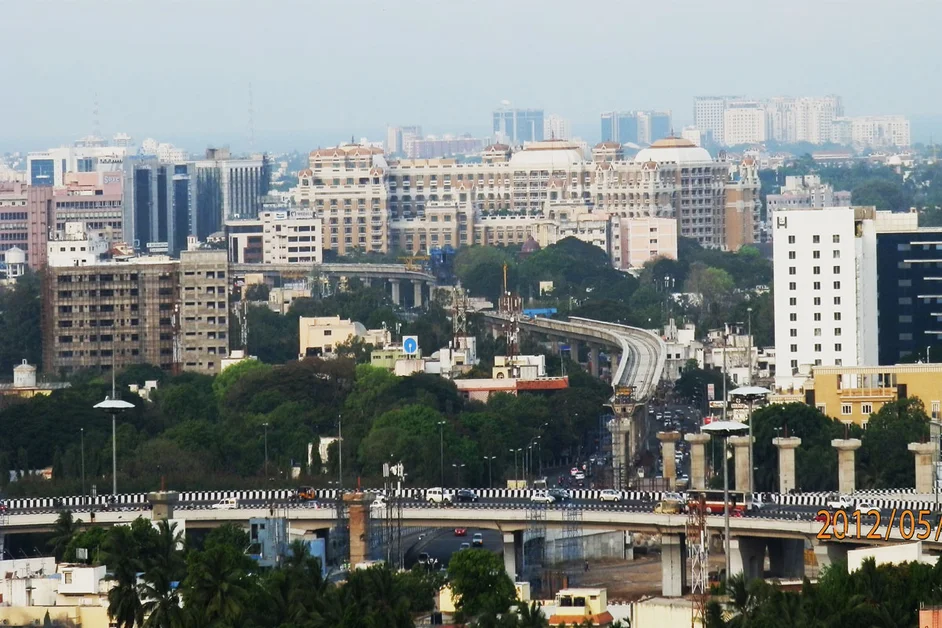
The registration department raised fees for 20 services in Tamil Nadu, which will be heavy on people and their pockets.
The Tamil Nadu registration department has decided to increase the fees for various services it provides. This decision will affect the state's property redevelopment and development costs.
After 20 years, the registration department has revised the fees and stamp duty for 20 services under Section 78 of the Registration Act 1908. These services include searching the registers, making copies of documents, and safeguarding and returning important papers.
Currently, a flat rate of Rs. 10,000 is charged for transferring power of attorney to non-family members. But from July 10, such charges will be 1% of the property's market value.
An official from the registration department stated that the fee increase is aimed at discouraging power of attorney issues, especially those related to land grabbing. The government hopes that by increasing the fees, landowners will be more cautious, and sales will improve.
However, developers have expressed concerns about this hike's impact on customers. Sanjay Chugh, a city head and director at Anarock Property Consultants, mentioned that while it will generate additional revenue for the registration department, it will also impose an extra financial burden on joint development or redevelopment projects.
Sridharan, Chairman of Lyra Properties and National Vice-President (south) of the Confederation of Real Estate Developer's Associations of India (CREDAI) described the hike as substantial. He stated that they would appeal to the government to reconsider this decision, as it might cause difficulties for home and plot buyers by escalating costs.
The state registration department has also increased charges for private attendance by sub-registrars at residences. Previously priced at Rs 200, this service will now cost Rs 1,000. The registration department official explained that this service is availed by VIPs, elderly individuals, and others who cannot visit the registration offices.
Furthermore, the fee for receipt documents for a mortgage has risen from a meagre Rs 20 to Rs 200. The registration charges for partition, family settlement, and release of documents have also been raised from Rs 4,000 to Rs 10,000, while the stamp duty for the same has increased from Rs 25,000 to Rs 40,000.
While this move is intended to address certain issues, it has raised concerns among developers and buyers alike. The revised fees will impact property development and transactions, and efforts are being made to have the government reconsider the decision.



